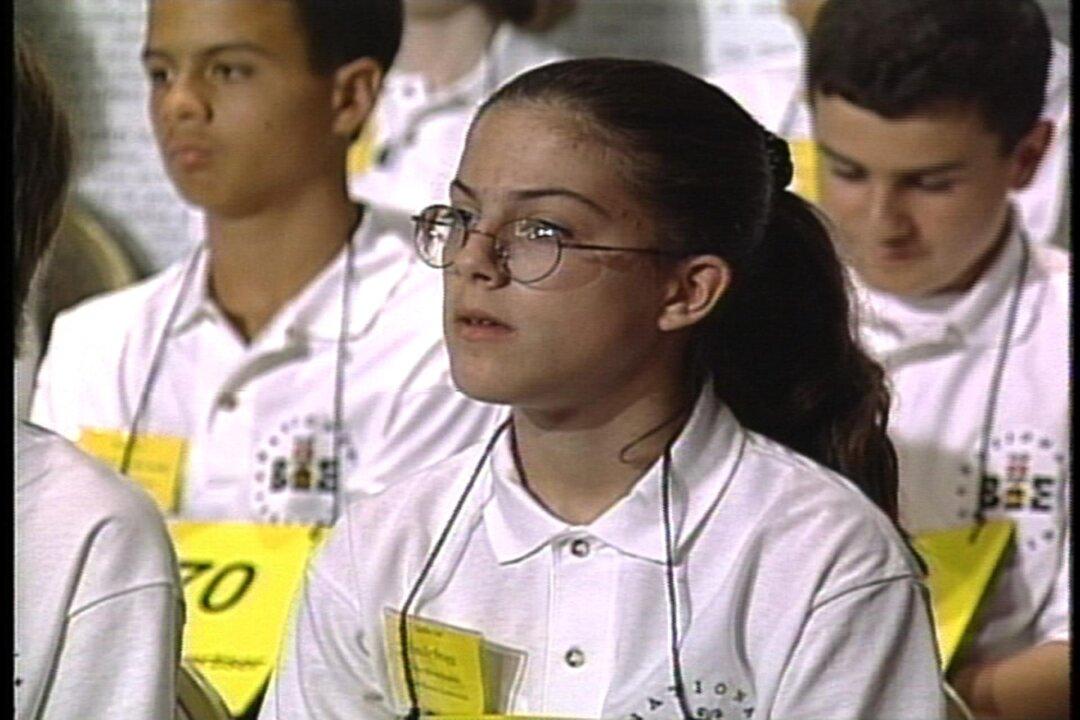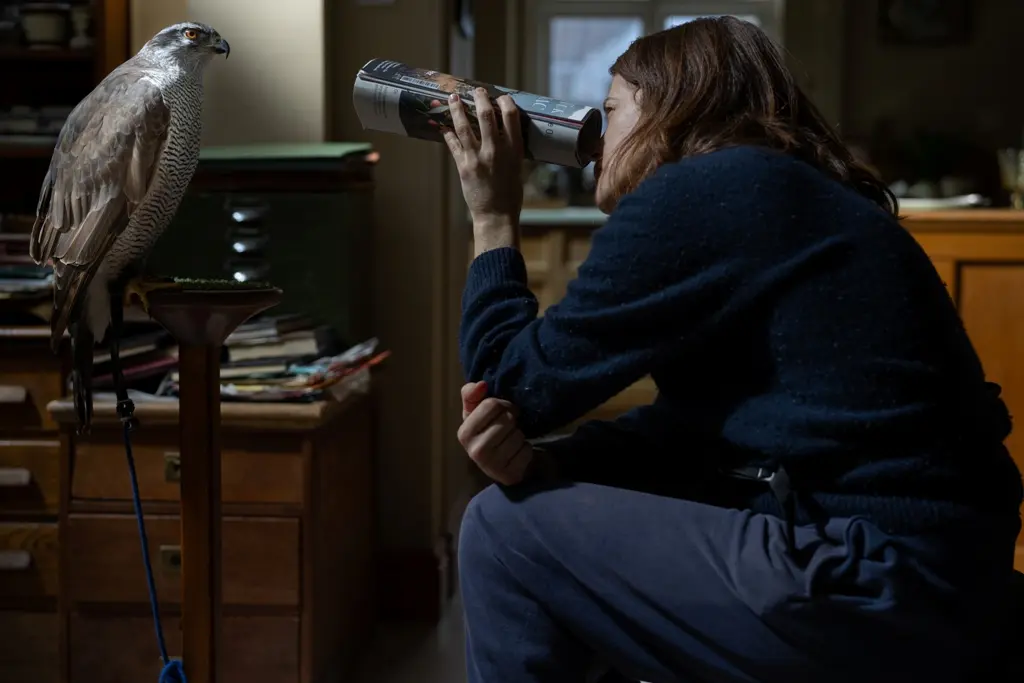Theatrically released in 2006 and 2003 respectively, the feature documentaries “Wordplay” and “Spellbound” are custom-glove fits for anyone who relishes watching competitive activities. I use the word “activities” because neither of them are technically movies about “sports.” But don’t get the impression that either is lacking in precise participant skills, nail-biting thrills, or fierce rivalries.
While “Wordplay” delves into the history of crossword puzzles and an annual championship established in 1978, “Spellbound” covers an edition of the Scripps Spelling Bee, founded in 1925. Those are certainly impressive tenures, but neither holds a candle to the 190-year-old World Chess Championships that started in 1886.






